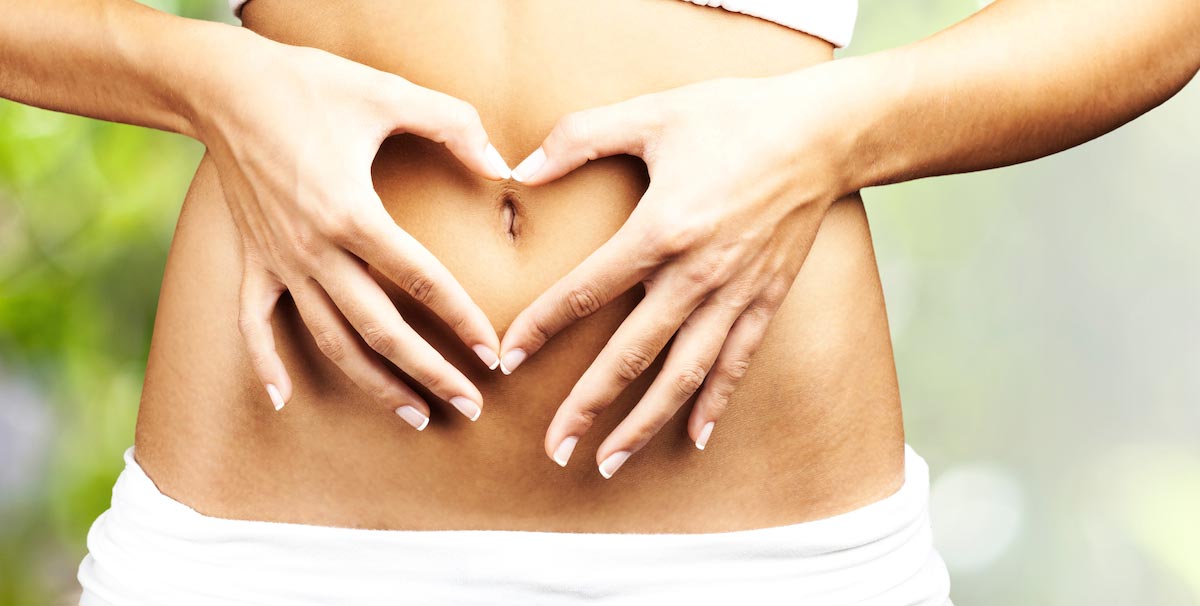Boost your metabolism AND the microbiota in your colon with a small amount of prebiotics
03/06/2018 / By Frances Bloomfield

Prebiotics are specialized plant fibers that are most known for nourishing gut bacteria. These can be found in cereals, grains, firm bananas, and legumes — most of which we’re told to eat plenty of on a daily basis. In fact, as a team of investigators from Kobe University has discovered, even small amounts of prebiotics can be highly beneficial to your health.
For the purposes of their study, which was published in Scientific Reports, the researchers first created in vitro batch fermentation systems to which they introduced fecal samples obtained from eight healthy volunteers. All of the volunteers were non-smokers who were in good physical condition, had no history of diabetes, kidney or liver disease, and weren’t taking dietary fiber supplements. The human colonic microbiota model, which the team dubbed the Kobe University Human Intestinal Microbiota Model (KUHIMM), was described as being highly effective at examining the human digestive tract, thus allowing them to observe the effects of prebiotics on bifidobacteria.
To the KUHIMM they added low doses (six grams) of three different prebiotics: indigestible dextrin, alpha-cyclodextrin, and dextran. Through gene sequence analysis, the researchers discovered that low amounts of prebiotics had no impact on the diversity nor the composition of colonic microbiota. However, there was a notable increase in the production of short-chain fatty acids (SCFAs), as well as a reduction in colonic pH levels due to generation of SCFAs and ammonia. Thus, the researchers concluded that the addition of prebiotics could stimulate the metabolism of gut bacteria.
The power of the elements: Discover Colloidal Silver Mouthwash with quality, natural ingredients like Sangre de Drago sap, black walnut hulls, menthol crystals and more. Zero artificial sweeteners, colors or alcohol. Learn more at the Health Ranger Store and help support this news site.
A human intervention study confirmed their findings. For this, the investigators recruited four participants who were given all three of the prebiotics over the course of several days. Fecal samples collected from the volunteers exhibited the same results, namely, that prebiotics had no significant effects on gut bacteria composition. (Related: Your probiotics might not be enough unless you’re also taking PREbiotics, expert warns.)
“The KUHIMM was able to capture an increase in SCFA production due to increased metabolic activity of human colonic microbiota, with no accompanying alteration in microbial composition, in response to a low-dosage supply of prebiotics,” the researchers wrote in their study. “These results suggest that the positive effect of prebiotics seen in vitro using our human colonic microbiota model can be achieved also in vivo in human subjects upon administration of six?g of prebiotics per day, although increased SCFA production is difficult to detect in the human intestine.
“This amount represents a realistic intake and does not pose a burden on a person’s eating habits.”
The best prebiotic foods
Rather than purchasing prebiotic supplements, experts recommend consuming foods that are naturally rich in prebiotics. According to Healthline.com, these foods are:
- Garlic — Roughly 11 percent of the fiber content in garlic comes from inulin, while six percent is from fructooligosaccharides (FOS), both of which are prebiotics. Moreover, garlic encourages the growth of bifidobacteria.
- Onions — Similar to garlic, onions are also a good source of inulin and FOS.
- Leeks — Being from the same family as garlic and onions, leeks contain prebiotics too. Leeks differ in that they have a little bit more inulin, up to 16 percent.
- Barley — Every 100-gram serving of barley is known to be loaded with up to eight g of beta-glucan, a prebiotic that promotes bacterial proliferation.
- Apples — About 50 percent of the fiber content of apples are composed of pectin, a starch that has prebiotic effects. These include reducing the population of harmful gut bacteria and increasing the amount of SCFAs that feed good gut bactria.
- Bananas — In addition to having inulin, bananas contain resistant starch as well. Resistant starch is said to have prebiotic benefits that range from boosting healthy gut bacteria count to minimizing bloating.
For more studies or news articles concerning food and its effects on human health, simply visit FoodScience.news today.
Sources include:
Tagged Under: digestive health, food science, gut bacteria, gut flora, gut health, metabolism, prebiotics, prebiotics health benefits




















